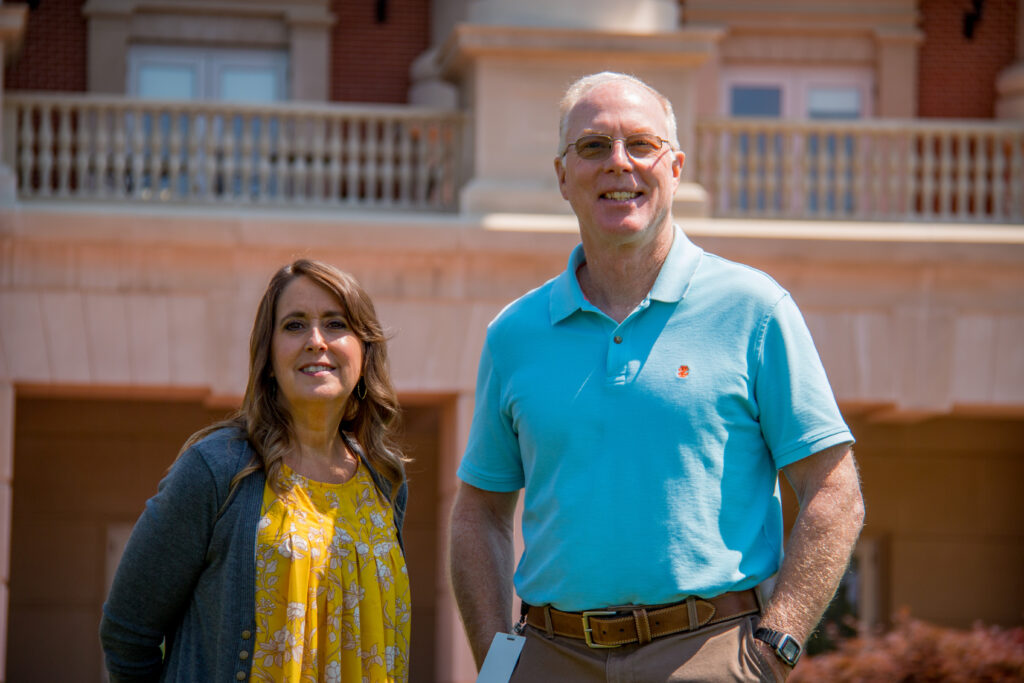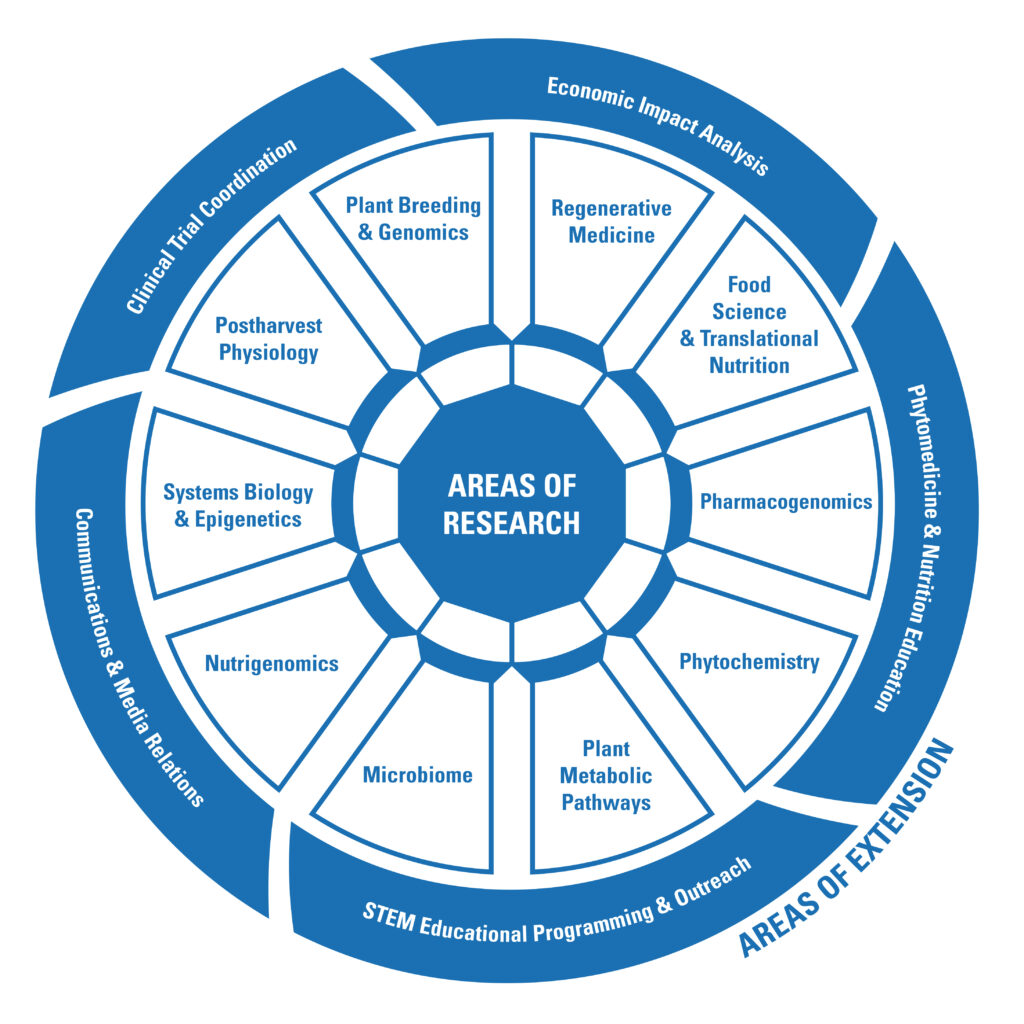About
STEM Education consists of two primary focus areas: School Gardening and the STEM Training Lab. The STEM Training Lab provides an opportunity to engage students, teachers, Extension agents, and community groups with a hands on lab experience that connects to the research principles or practice of PHHI faculty. The School Gardening Program aims to equip teachers to integrate curriculum standards in the edible classroom and improving community nutrition through fresh produce.

Meet Amy Bowman
Amy is a 15-year veteran middle grades teacher who holds her National Board Certification in Math. She joined PHHI in 2015 to develop and implement K-12 STEM-based instructional initiatives related to the research efforts by PHHI faculty. One of those initiatives is providing support for teachers to fully utilize school gardens so that the state standards can be integrated in this unique learning environment.
Amy recalls one of her favorite garden experiences occurred during a garden build at Irvin Elementary School. “Each 5th grade class came out for 30 minutes to build a bed and fill it with soil. I noticed one student who remained outside once his class had left. He was incredibly polite and helpful and continued to work throughout the day, even serving as a leader for other groups. He demonstrated how to use the tools and how to measure between beds. At the end of the build I went to the garden coordinator and thanked her for allowing him to stay and help and told her what an asset he had been to the build. She told me that he is usually a behavior problem in the classroom and often refuses to follow directions. The garden gave him a place to be needed and useful. I feel the garden offers opportunities for every student.”
Meet Doug Vernon
Doug is a retired high school agriculture teacher, spending many years at Northwest Cabarrus High School. He focuses his efforts on school gardens and coordinating the Scientist for a Day opportunity, where select Kannapolis City School students get to spend a day engaged in hands-on activities at the NC Research Campus. Doug handles logistics of garden builds, is an idea-man for securing funds for sustainable garden support, and fields technical questions from teachers troubleshooting the unexpected in the garden. He helps schools establish an edible garden that can be used for teaching standards in an outdoor classroom space and is available to assist schools on an individual basis with garden needs.
One of Doug’s memorable garden experiences is from Pitts School Road Elementary. He recalls, “They were finding holes in the leaves and parts of leaves missing from their kale plants and they had no idea what was causing this problem. Upon closer inspection with some students, we noticed that cabbage loopers [green inch-worms], the culprit, were in plain sight, laying on the veins of the plant leaves! The mechanical control [removal and squishing] of those pests followed immediately. Problem solved!”
STEM Education
Launched in 2016, the STEM education program is working to connect the North Carolina K-12 curriculum standards to the research conducted by PHHI faculty. Thousands of students and hundreds teachers have been reached through STEM outreach efforts through classroom enrichment opportunities and professional development workshops. To better facilitate hands-on learning and expose students to the lab environment, PHHI outfitted a STEM training lab.
Amy and Doug love to share their knowledge. The resources you find on this site include lesson plans, virtual lessons, how-to videos, school garden resources, and request forms. They are available to model lessons in the classroom, host field trips or professional developments, consult on a school garden initiative, or deliver hands-on workshops. Coming soon will be an online school garden course. They publish a bimonthly e-newsletter which is a great way to keep up with their latest offerings. Explore the website to find information on all this, and more!

PHHI Extension, represented in the outer ring, supports the interdisciplinary research areas, broadly identified in each spoke, of our PHHI faculty. We deliver evidence-based information to the citizens of North Carolina.